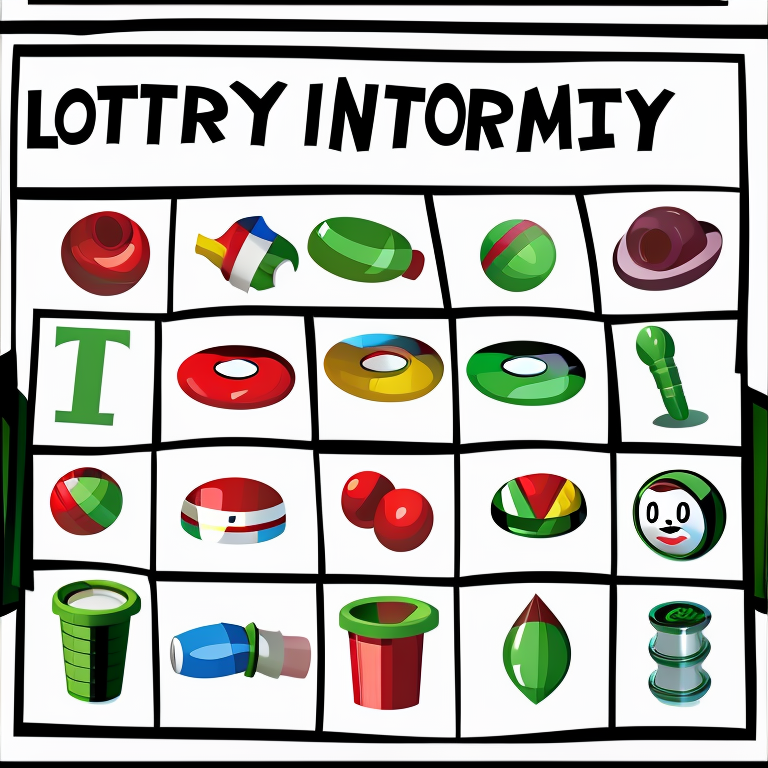Lotteries have been a form of gambling for centuries. They are games of chance in which players purchase tickets with numbers, and if the numbers match those selected in the drawing, then the player wins a prize. Lotteries are generally set up and operated by the government, and the proceeds from the ticket sales are used to fund public projects.
In the United States, lotteries are operated by 44 state governments, the District of Columbia, Puerto Rico, and the U.S. Virgin Islands. The lottery games they offer vary from state to state, but they typically include scratch-off tickets, pick three and four numbers, and the Powerball or Mega Millions games.
Lotteries are also popular overseas. In the United Kingdom, for example, most of the funds from the National Lottery are used to fund public health and education initiatives. Other countries, such as New Zealand and China, also have their own lotteries.
Despite their popularity, lotteries are not without their critics. Many people believe that they are a form of regressive taxation, as those who buy tickets are more likely to be from lower income households. Others worry about the potential for addiction, as some people become too focused on winning the lottery and spend more money than they can afford.
Still, lotteries remain popular around the world, and they are likely to remain so for the foreseeable future.


